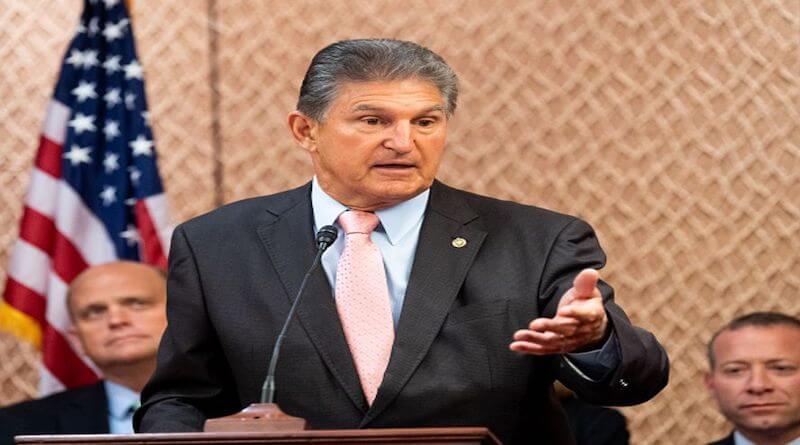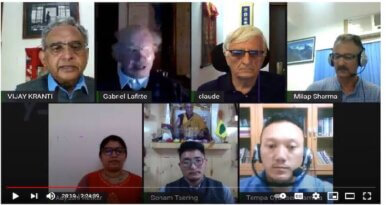West Virginia Senate questions China’s promised $83.7 billion investment in his state

DHARAMSALA, 26 July: Joseph Manchin, a senior Democratic United States Senator from West Virginia has questioned on the $83.7 billion investment in his home state pledged by China’s state-owned energy giant as the world grow wary of Chinese investment.
“In West Virginia, they came and signed a [Memorandum of Understanding] for $83 billion, and I repeat, $83 billion over 20 years,” CNBC quoted the Senator as saying in its report at a Senate hearing on innovation in the energy sector.
Senator Manchin has further said that something is fishy about China’s promised investment in his home state.
“When you put that in comparison to the state budget of West Virginia, our state budget only goes over $4 billion a year, so something doesn’t make sense here, and we cannot find out what their intent is,” he added.
The Senator echoes the same concern raised by other lawmakers that is the proposed size of the investment relative to the state’s small output, as well as the opaque nature of the deal, the report added.
It was reported that the deal was announced in 2017 as part of $250 billion in business agreements reached between the U.S. and China in connection with President Donald Trump’s visit to the country.
The Senator from West Virginia has however said that he will support the investment “if it’s for capital expenditure,” but totally opposes it if it’s for the extraction of resources.
“If it’s for removing resources such as the ethane, propane, butane, and taking a commitment of taking all of our wet gas, which we use as a building block to reinvigorate our petrochemical base, then I would hope for the officials in my state of West Virginia that that is a nonstarter,”
Meanwhile, the report stated that the potential aspects of the Chinese investment have already run into trouble with federal regulators.
While local executives and state lawmakers expected China Energy to help build new power plants, the plan was reportedly blocked by U.S. officials, who cited national security concerns.
But so far, no such action has materialized. Despite the big promises, China Energy Investment Corp. had not yet spent any money in the state, CNBC reported earlier last month. A detailed list of investments has never been made public yet.
Chinese investment in the United States and Europe dropped sharply in 2018 after a couple of gangbuster years as Beijing seeks to control flows of capital and advanced economies grow warier of China’s economic influence, the Foreign Policy reported on 14, Jan 2019.
The Chinese firms have reportedly invested just $30 billion collectively in the United States, Canada, and Europe in 2018, a stark reversal from the $111 billion invested in 2017 and the $94 billion in 2016, according to new research from the law firm Baker McKenzie and the Rhodium Group.
Meanwhile, since 2018, Germany, France, Britain, the European Union, Australia, Japan and Canada among others have all joined an unprecedented global backlash against Chinese capital, citing national security concerns.





